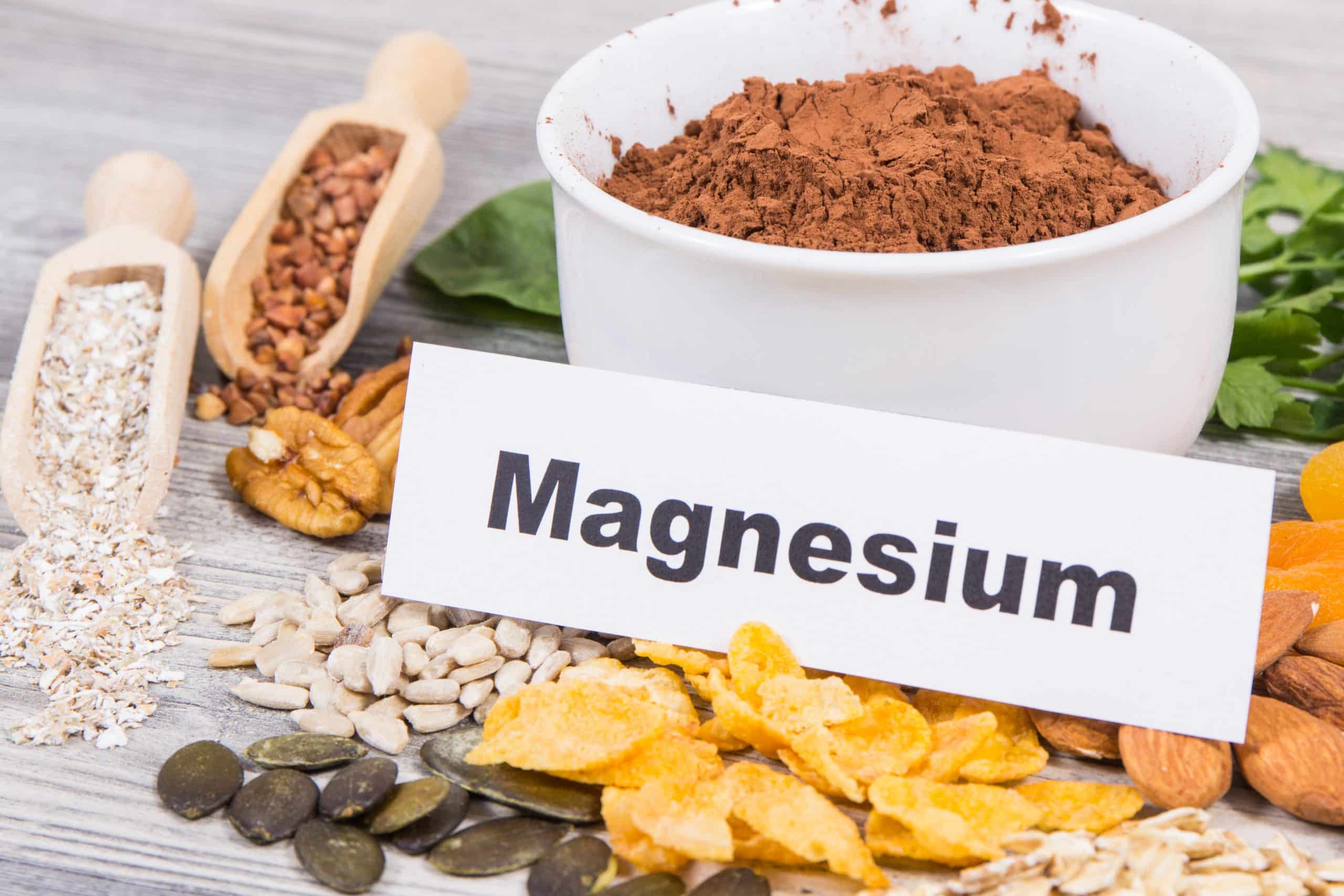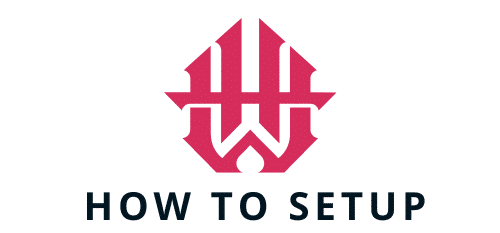What Are the Best Dietary Sources of Magnesium for Muscle Recovery?

As fitness enthusiasts or professional athletes, you understand the vital role of nutrition in enhancing your performance and speeding up recovery. You may have heard that certain nutrients, such as protein and carbohydrates, are essential for muscle recovery. However, are you aware that magnesium is just as crucial in accelerating this process? Known for its role in over 300 metabolic reactions in the body, magnesium is a powerhouse mineral that assists in muscle recovery by reducing inflammation, enhancing muscle function, and promoting better sleep.
In this article, we delve deeper into the role of magnesium in muscle recovery, highlighting the best dietary sources that you can incorporate into your diet to ensure optimal muscle healing and growth.
Cela peut vous intéresser : How Can Biofeedback Therapy Assist in Managing Chronic Pain?
The Role of Magnesium for Muscle Recovery
Before we dive into the best magnesium-rich foods for muscle recovery, let’s first understand the role of this mineral in your body.
Magnesium is an essential mineral that your body requires for normal function. It’s involved in more than 300 enzymatic reactions that keep the body working. Moreover, it plays a crucial role in nerve transmission, muscle contraction, blood coagulation, energy production, nutrient metabolism, and bone and cell formation.
En parallèle : What Are the Effects of Long-Term Vegan Diet on Bone Density?
In terms of muscle recovery, magnesium is a star player. Firstly, it helps with muscle contraction and relaxation, which can significantly reduce muscle cramps, tightness, and discomfort that you may experience after an intense workout. Secondly, magnesium has been found to reduce inflammation, which is a common response to muscle damage. By curbing inflammation, magnesium can aid in faster muscle recovery.
Lastly, magnesium contributes to better sleep by maintaining healthy levels of GABA, a neurotransmitter that promotes sleep. Good quality sleep is essential for muscle recovery as it is during this period that your body carries out repair and recovery processes.
Magnesium-Rich Foods
Now that you understand why magnesium is essential for muscle recovery, let’s explore some dietary sources of this mineral.
Leafy Green Vegetables
Leafy green vegetables such as spinach, Swiss chard, and kale are excellent sources of magnesium. These veggies are not only packed with this vital mineral, but they also offer an array of other nutrients, including fiber, vitamin C, and iron, all of which play a role in muscle recovery. Incorporate these greens into your salads, juices, or main dishes to boost your magnesium intake.
Nuts and Seeds
Nuts and seeds such as almonds, peanuts, and pumpkin seeds are rich in magnesium. They are also excellent sources of healthy fats and protein, making them a great snack for muscle recovery. Keep in mind that roasting nuts and seeds can lower their magnesium content, so try to consume them raw or minimally processed.
Legumes
Legumes like black beans, lentils, and chickpeas are rich in magnesium. These foods are also high in protein and fiber, supporting muscle recovery and providing a feeling of fullness. They can be incorporated into numerous dishes, from salads to soups and stews, making them a versatile dietary choice.
Whole Grains
Whole grains such as brown rice, quinoa, and oatmeal are excellent sources of magnesium. They also provide a good amount of dietary fiber, which aids in digestion and helps maintain steady energy levels after workout.
Dark Chocolate
For those with a sweet tooth, you’ll be glad to know that dark chocolate is a fantastic source of magnesium. Besides being delicious, it’s packed with antioxidants that can help combat inflammation and promote overall health. However, it should be eaten in moderation due to its high calorie content.
Magnesium Supplementation
While obtaining nutrients from whole foods is always the best option, some people might find it hard to meet their magnesium needs through diet alone. In such cases, magnesium supplements can come in handy.
Magnesium supplements come in various forms, including magnesium oxide, magnesium citrate, and magnesium glycinate. Each form has its own set of benefits and absorption rates. However, always consult your healthcare provider or a registered dietitian before starting any new supplement regimen.
Implications of Magnesium Deficiency
A magnesium deficiency, though rare, can significantly hinder your muscle recovery process. This condition, known as hypomagnesemia, can lead to muscle cramps, fatigue, and even arrhythmias in severe cases.
In addition to ensuring adequate magnesium intake, it’s crucial to balance its consumption with other nutrients, specifically calcium and Vitamin D, as these nutrients work in synergy for optimal muscle function and recovery.
In conclusion, magnesium plays a vital role in muscle recovery, helping reduce inflammation, enhance muscle function, and promote better sleep. Incorporating magnesium-rich foods into your diet, such as leafy greens, nuts and seeds, legumes, whole grains, and dark chocolate, can significantly improve your post-workout recovery. However, in cases where dietary intake is insufficient, magnesium supplementation might be considered. Always remember, a balanced diet paired with a well-rounded exercise routine is the key to optimal health and performance.
The Importance of Magnesium-Rich Foods in Meal Planning
Incorporating magnesium-rich foods into your meal planning is an easy and effective way to ensure you’re getting the recommended daily amount of this essential mineral. Meal planning with magnesium in mind can significantly accelerate your muscle recovery, especially after intense workouts.
Start your day with a bowl of whole grain oatmeal topped with a handful of almonds, a great breakfast choice rich in magnesium. You can also opt for a green smoothie made from a mix of leafy green vegetables such as spinach and kale, another excellent source of this mineral. For lunch, consider a salad with a serving of legumes like black beans or lentils, and for dinner, enjoy a dish of brown rice or quinoa, both high in magnesium.
Moreover, snacking on pumpkin seeds or enjoying a piece of dark chocolate can provide that extra boost of magnesium. Just remember, while dark chocolate is a good source of magnesium, it’s also high in calories, so moderation is key.
Planning your meals around foods that are rich in magnesium is not just beneficial for muscle recovery, it also contributes to overall health. These foods are usually high in other essential nutrients and help to maintain your energy levels, support healthy digestion, and promote sound sleep.
Conclusion: Maximizing Muscle Recovery with Magnesium
To sum up, magnesium plays a crucial role in muscle recovery and overall health. Thanks to its involvement in over 300 metabolic reactions in the body, it assists in reducing inflammation, enhancing muscle function, and promoting better sleep, all of which are essential for muscle recovery.
Incorporating magnesium-rich foods such as leafy greens, nuts and seeds, legumes, whole grains, and dark chocolate into your diet is a practical and delicious way to ensure you’re getting enough of this essential mineral. However, in cases where dietary intake is insufficient, magnesium supplementation might be necessary.
Always remember, before considering any supplements, it’s best to consult with a healthcare provider or a registered dietitian. They can guide you on the best supplement form and dose based on your individual needs.
However, a magnesium-rich diet alone is not a magic solution for optimal health and performance. It should be complemented with a balanced intake of other essential nutrients, regular exercise, and adequate sleep.
Lastly, keep in mind that while magnesium is vital for muscle recovery, it’s just one piece of the puzzle. Optimal muscle recovery is a holistic process that involves balanced nutrition, adequate rest, and sensible training. So, as you strive for your fitness goals, remember to fuel your body with the right nutrients, give it enough rest, and train smart.
